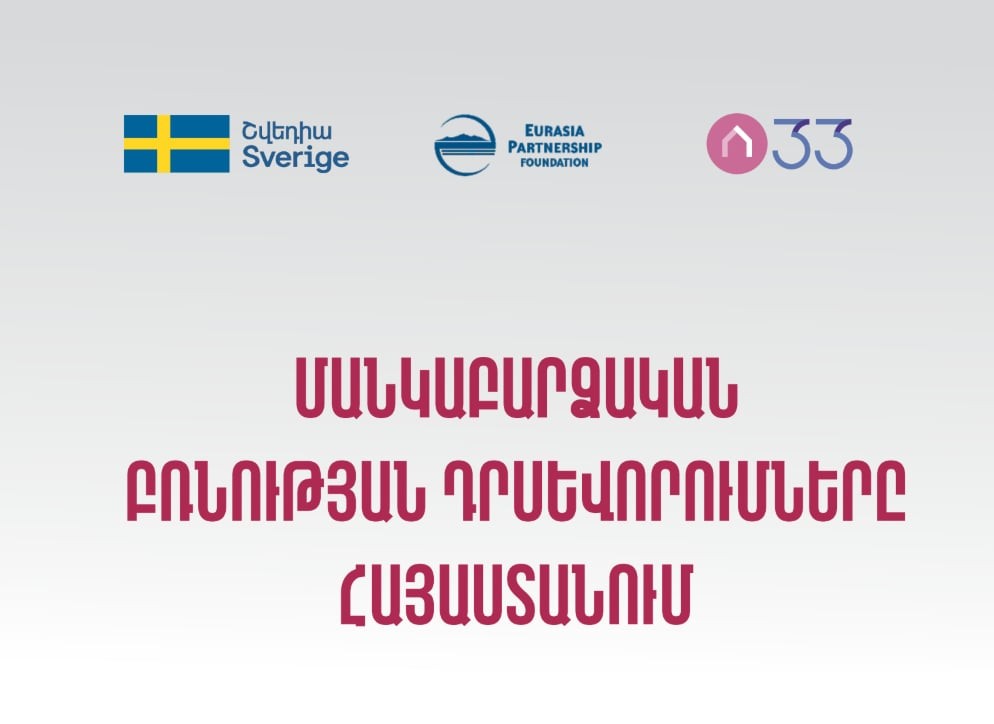“Manifestations of Obstetric Violence in Armenia” Qualitative Research
ABSTRACT
Introduction:
In recent years, media and social networks have highlighted increasing reports of obstetric and gynecological care being violent, disrespectful, abusive, or neglectful. These actions, words, and omissions are referred to as obstetric violence. This type of violence stems from gender-based violence and stereotypes about women and mothers. Characteristics of obstetric violence include treatment without the patient’s consent, practices that deprive individuals of reproductive autonomy, and the patient’s subjective experience of her healthcare. Abusive treatment can occur at any stage of pregnancy, childbirth, and postpartum, with women being especially vulnerable during childbirth. This violence can negatively affect both the mother and the infant, violating their rights and trust in the healthcare system. This statement emphasizes the need for increased action, dialogue, research, and advocacy on this critical public health and human rights issue.
Study Purpose: This study was initiated to uncover real trends and types of obstetric violence in Armenia and to determine its potential consequences on the health of women and children.
Methods: The study utilized a qualitative content analysis approach, conducting individual interviews with professionals and women from three major cities in Armenia: Yerevan, Vanadzor, and Gyumri. Participants were selected based on specific eligibility criteria. Conventional content analysis was used to identify categories and themes from the interview data. The resulting codes were grouped into categories, which were then organized into main themes.
Results: The emerging themes were: 1) Overload of medical staff, management issues 2) Undignified treatment 3)Violation of privacy and confidentiality 4) Normalization of pain, denial of pain relief or anesthesia 5) Neglect and absence of informed consent․ The study also described the consequences of obstetric violence for women and newborns, based on data from interviewees highlighted the importance of prenatal care, and explored the attitudes of women and professionals towards the presence of husbands, other family members, or supporting non-medical staff during childbirth. It is important to mention that all women expressed appreciation to the medical staff at the start of the conversation.
Implications: Based on the qualitative data, the team developed recommendations addressing all themes and aspects. These include recommendations for establishing an official reporting mechanism for medical interventions during childbirth and collecting quantitative data to support policymakers in taking appropriate actions to decrease trends of any type of obstetric violence.
The research is available here in Armenian.
“Manifestations of Obstetric Violence in Armenia” qualitative research has been conducted by “Point 33” informative, advocacy NGO within “Dignified Motherhood: No to Obstetric Violence” project implemented by as part of the “Enhancing Civil Society Development Impact” initiative, carried out by the Eurasia Partnership Foundation with support from the government of Sweden.


